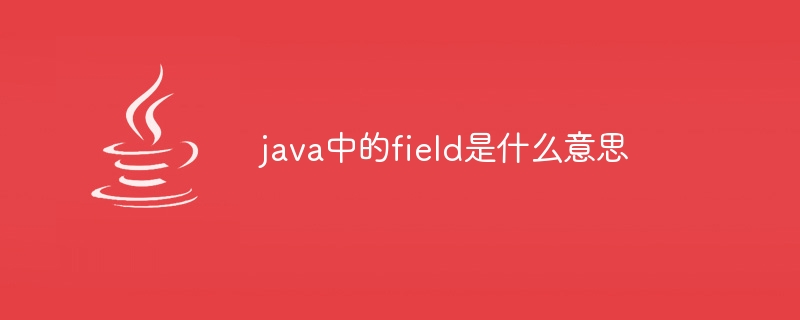
Field in Java represents a member variable of a class and is used to store instance data of an object. A Field can be a primitive or object type, and its access is controlled by the modifier keyword. Through the getField() and setField() methods, you can access and operate the value of Field, and you can also dynamically modify the value of Field through reflection.

Field in Java
In Java, Field represents a member variable of a class and is used to store data instance. It is a component of a class or interface that provides an access and manipulation mechanism for the properties of a specific object.
Type of Field
Field can be one of the following primitive types:
or object Type (reference type).
Access to a Field
Access to a Field is controlled by the modifier keyword (public, protected, default, or private). The default access is default, which means it is only visible within the same package.
Declaration of Field
Field is declared in a class or interface as follows:
private int age;In the above example,ageis a private int type Field.
Usage of Field
You can access and operate Field through the following methods:
getField().get(object)method.getField().set(object, value)method.getClass().getDeclaredField(name)method.setAccessible(true)method.Uses of Field
Field is widely used for:
The above is the detailed content of What does field mean in java. For more information, please follow other related articles on the PHP Chinese website!




